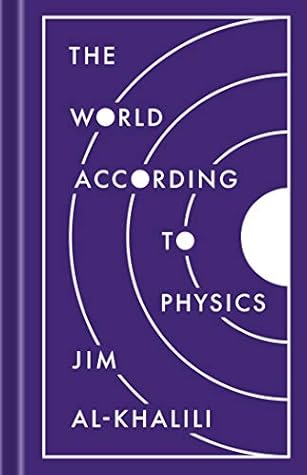More on this book
Community
Kindle Notes & Highlights
As we understand physics today, all the matter we see in the world is made up of not the four classical elements of the Greeks, but just three elementary particles: the ‘up’ quark, the ‘down’ quark, and the electron. That’s it. Everything else is just detail.
Noether’s theorem tells us that we don’t ‘invent’ the mathematics in order to have a way of describing the world, but rather, as Galileo observed, that nature speaks the language of mathematics, which is ‘there’, ready and waiting to be discovered.
That the Big Bang happened everywhere within already infinite space, rather than at some particular ‘place’, is an important concept to grasp.
The light we collect in our telescopes carries within it the telltale signature of the distant atoms that have produced it or that it has passed through on its journey to Earth. The fact that we can learn about the ingredients of the universe just by studying the light that reaches us from space is one of the most beautiful notions in science.
The entropy of a system, if left alone, will always increase: that is, a system will always relax from a ‘special’ (ordered) state to a less special (mixed-up) one. Physical systems unwind, cool down, and wear out. This is referred to as the second law of thermodynamics, and at its heart it is no more than a statement of statistical inevitability: if left alone, everything always eventually returns to a state of equilibrium.


